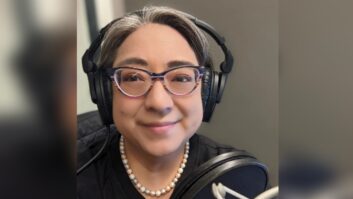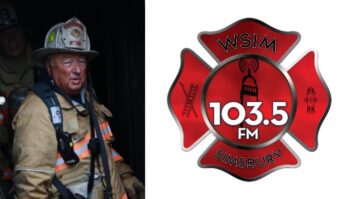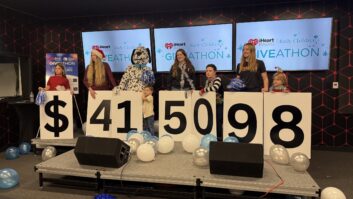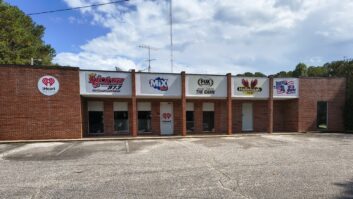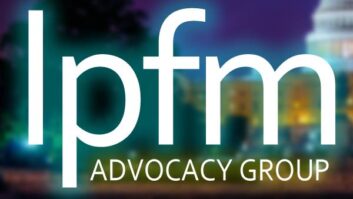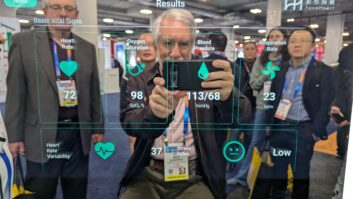The author is executive director of the National Federation of Community Broadcasters. NFCB commentaries are featured regularly at www.radioworld.com.
This was quite a wild week for news. Radio was asked to respond to events in Washington, the ongoing confusion about vaccination in communities, and the sundry local stories that come up each day. However, a particularly important study on radio should not be missed.
Many community broadcasters focus on volunteer recruitment and offering an assortment of programming. For generations, the reasoning has been “the more, the merrier” — the more voices on the air, the more access you create, the more support and word-of-mouth marketing your station can build. However, with generational change comes a change in thinking. More local stations are focusing on training and giving DJs a baseline of expectations. They recognize the hosts want to sound better, want to represent the station well, and stations are finding a lack of attention to what goes out over the air can damage community relationships and make engagement and revenue much more demanding.
[Read: Community Broadcaster: Distant Tension]
This week, NuVoodoo Media Services revealed its study of 3,500 radio listeners, aged 14–54, on a variety of topics. One area looked at a cornerstone of radio: the DJ. What people said may inform your training, or even get your station thinking differently about your hosts.
Among the more shocking things to come up? Millennials and Generation Z listeners feel stations would be better off without DJs, at least more than their older counterparts. By a lot.
In fact, almost 75% of Gen-Z gives DJs a “Meh,” noting they either have no use or are okay, but don’t add anything to listening. Millennials were slightly better, at 63% who felt the same way. 43% of Generation X audiences found DJs made listening more enjoyable, compared to just 26% of Gen-Z.
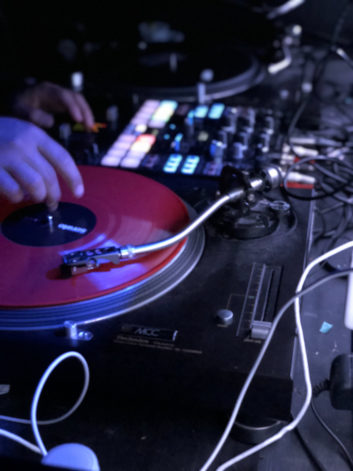 NuVoodoo promises to get more into these issues on an upcoming webinar, though to most observers in radio, what’s lending to these perceptions may be quite obvious.
NuVoodoo promises to get more into these issues on an upcoming webinar, though to most observers in radio, what’s lending to these perceptions may be quite obvious.
Streaming services, podcasting and micro-content distributed on social media and platforms have changed how we perceive programming as well as listening experiences. Generation X’s formative media experiences weren’t in a world that was nearly as disintermediated. For subsequent generations, faster, shorter and on our terms are baselines, not bonuses. As a result, the days of the DJ with long stories or inane trivia may not be over, but seem destined for limited, older audiences. Surely there may be exceptions, but that seems the forecast.
Community media and local stations have long leaned on unique on-air personalities to foster relationships with audiences. As there are demographic shifts in how people listen to the programming a station puts out, however, we in radio must evolve. Thus, it is the responsibility of a station to think carefully through how hosts use their precious time on the microphone.
Every station or network will come up with their own solutions, but it is certain that many leaders may look at the length of breaks and what is being conveyed during that time. The million dollar question: how can you create that memorable moment for a listener that isn’t a turn-off or take up too much time? Future radio, in this regard, is very exciting.
These issues are more than DJs and personalities, but our community relationships and our bridge-building to new generations of listeners. No one has all the answers yet, but if you are in radio, how millennials and Gen-Z hear you is critical to your success.
